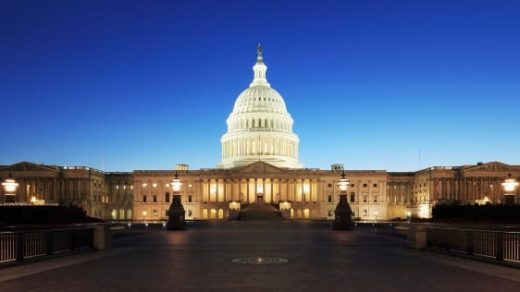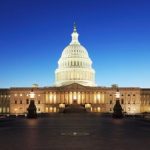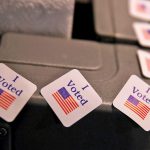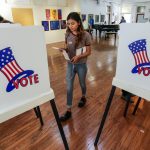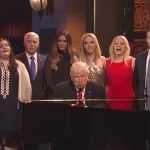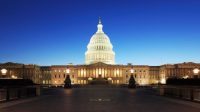Online election ad rules may only come after U.S. midterms
While members of Congress and transparency advocates have urged the Federal Election Commission to institute disclosure rules for online election ads, the FEC’s chairwoman said Thursday that any new rules might not be ready until after this year’s midterm elections, The Washington Post reports.
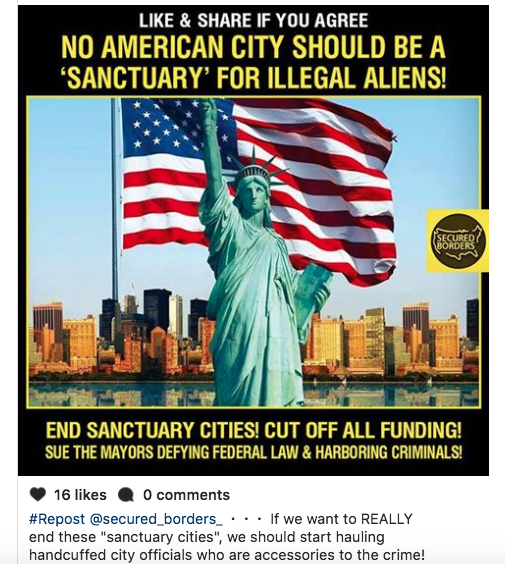
The FEC’s four current members have been divided largely along party lines about exactly what the rules should include, Chairwoman Caroline Hunter said, even after the commission received more than 150,000 comments from the public on the matter. Advocates say such rules, which would notify individuals about the source of certain digital political ads, have proven particularly important after Russian government-linked advertisers were able to spread misleading stories on social media platforms like Facebook and Instagram during the 2016 presidential election.
Commissioners hope to unveil a plan next week and start seeking public comment, but with 2018 primaries already underway, they may be reluctant to institute new rules for the current election cycle, Hunter said. Only four of the commissions’s six seats are currently filled, two by Republicans, one by a Democrat and one by an independent who leans Democratic. The law requires at least four votes to make new regulations, effectively meaning any rules have to be unanimously passed.
The commission has legal authority to regulate only paid ads that are sponsored by federal candidates or other regulated political action committees, as well as ads from outside groups that urge votes for or against a federal candidate. While such disclaimers are required for broadcast and print ads, previous rulings—including a 2011 advisory opinion requested by Facebook—have largely exempted online ads. (Complicating efforts for fighting election trolls: Many of the messages spread by Russian accounts were not sent as ads, and did not refer to a specific candidate.)
A bipartisan bill, dubbed the Honest Ads Act, would legislate new rules rather than leaving them to the FEC, but it has so far failed to make much headway in Congress. In the meantime, officials including New York Governor Andrew Cuomo have called for a state legislation requiring such disclosure. A New York bill passed the Democrat-controlled state assembly but is yet to pass the Republican-controlled state senate.
After the ads legislation was announced in October, Siva Vaidhyanathan, a professor of modern media studies at the University of Virginia, told Fast Company that there’s little motivation among Congresspeople–many of whom must run for re-election every two years–to upend the existing system, regardless of the current controversy. “Basically, the last thing that any politician would do right now,” he said, “is limit ways Facebook can help them turn out their vote and depress their opposition.”
As the Post points out, failure by the government to act means the power (and burden) to set rules will likely be left with the tech world’s advertising giants like Google and Facebook. The social media companies have begun to undertake their own efforts to improve political ads, but experts worry these won’t be enough. And as new elections approach, the absence of digital campaign rules are adding to concerns that the country has been left vulnerable to a new round of foreign meddling.
(17)

